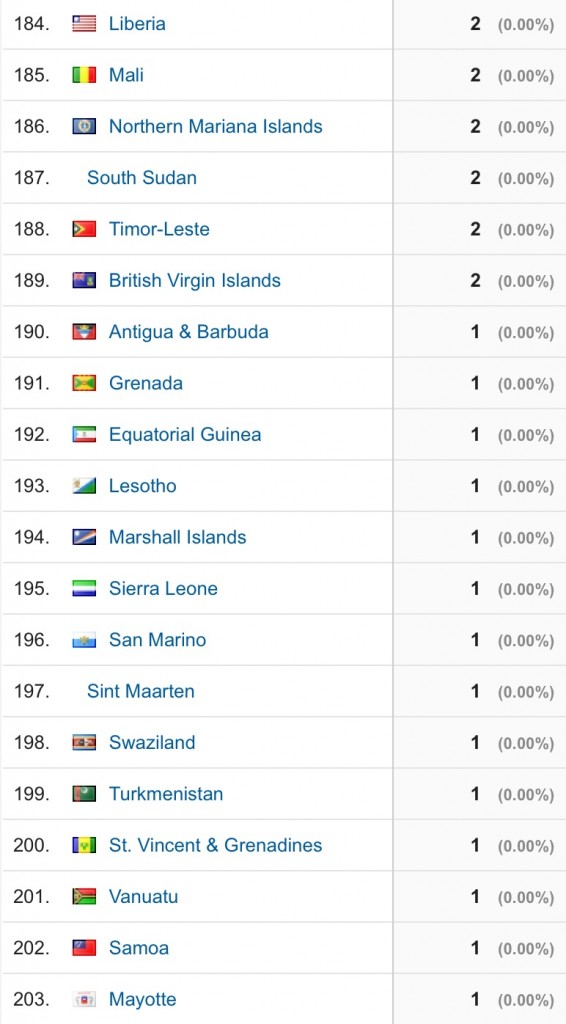 [div class=attrib]By Andrew Sullivan for the Altantic[end-div]
[div class=attrib]By Andrew Sullivan for the Altantic[end-div]
The word blog is a conflation of two words: Web and log. It contains in its four letters a concise and accurate self-description: it is a log of thoughts and writing posted publicly on the World Wide Web. In the monosyllabic vernacular of the Internet, Web log soon became the word blog.
This form of instant and global self-publishing, made possible by technology widely available only for the past decade or so, allows for no retroactive editing (apart from fixing minor typos or small glitches) and removes from the act of writing any considered or lengthy review. It is the spontaneous expression of instant thought—impermanent beyond even the ephemera of daily journalism. It is accountable in immediate and unavoidable ways to readers and other bloggers, and linked via hypertext to continuously multiplying references and sources. Unlike any single piece of print journalism, its borders are extremely porous and its truth inherently transitory. The consequences of this for the act of writing are still sinking in.
A ship’s log owes its name to a small wooden board, often weighted with lead, that was for centuries attached to a line and thrown over the stern. The weight of the log would keep it in the same place in the water, like a provisional anchor, while the ship moved away. By measuring the length of line used up in a set period of time, mariners could calculate the speed of their journey (the rope itself was marked by equidistant “knots” for easy measurement). As a ship’s voyage progressed, the course came to be marked down in a book that was called a log.
In journeys at sea that took place before radio or radar or satellites or sonar, these logs were an indispensable source for recording what actually happened. They helped navigators surmise where they were and how far they had traveled and how much longer they had to stay at sea. They provided accountability to a ship’s owners and traders. They were designed to be as immune to faking as possible. Away from land, there was usually no reliable corroboration of events apart from the crew’s own account in the middle of an expanse of blue and gray and green; and in long journeys, memories always blur and facts disperse. A log provided as accurate an account as could be gleaned in real time.
As you read a log, you have the curious sense of moving backward in time as you move forward in pages—the opposite of a book. As you piece together a narrative that was never intended as one, it seems—and is—more truthful. Logs, in this sense, were a form of human self-correction. They amended for hindsight, for the ways in which human beings order and tidy and construct the story of their lives as they look back on them. Logs require a letting-go of narrative because they do not allow for a knowledge of the ending. So they have plot as well as dramatic irony—the reader will know the ending before the writer did.
[div class=attrib]More from theSource here.[end-div]


 [div class=attrib]By Andrew Sullivan for the Altantic[end-div]
[div class=attrib]By Andrew Sullivan for the Altantic[end-div]